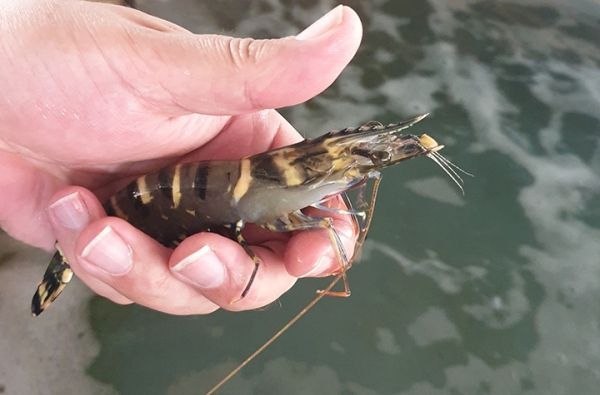Researchers from the University’s National Marine Science Centre have demonstrated that imidacloprid, a neonicotinoid insecticide, can impact the feeding behaviour of prawns in a laboratory environment, leading to nutritional deficiency and reduced flesh quality.
“The sobering thing with this study is that it shows that the exposure of prawns to high concentrations of neonicotinoids can have such a significant impact,” said lead author and PhD candidate Peter Butcherine whose study focussed on adult black tiger prawns.
“If they are not well managed, these chemicals have the potential to affect the productivity and sustainability of cultured and capture prawn fisheries.”
Continue reading at Southern Cross University
Image via Southern Cross University


